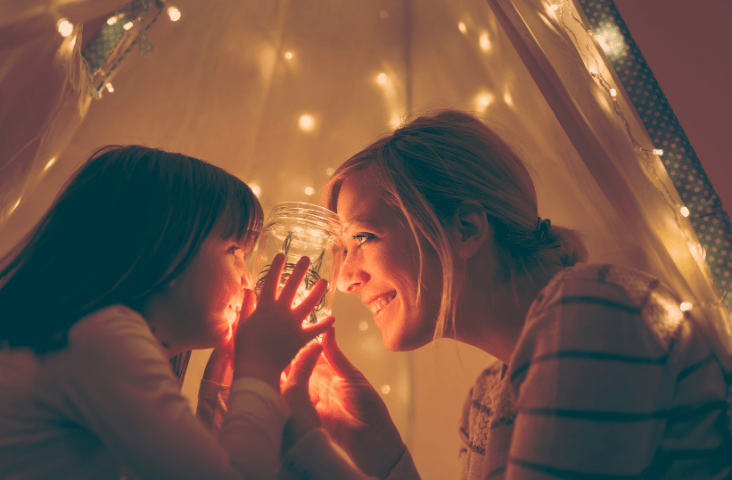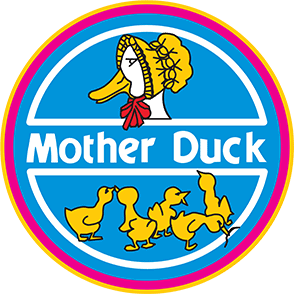
Finding The Balance In Parenting
Parenting in the current world is tricky to say the least. I’m a single mother of an almost sixteen-year-old daughter and have raised her independently whilst also engaged in paid work since she was a baby. When I reflect on the past sixteen years, I see a whirlwind of time that passed by so quickly. However, that does not mean that this time has been easy. When I think about the struggles I’ve had as a mother, most of them were worries in my head that never came to fruition.
Firstly, breast feeding did not come naturally to me and we struggled for her to put on any weight. I persevered for six months until finally my pediatrician said to me whilst breast is best, it’s not the best for your baby. I felt a huge sense of failure and shame that I could not do this basic, natural act of motherhood which caused me much angst.
By the time she was two years’ old she had a very solid physique. Of course, in my mind, this was my fault as she had not been breastfed and caused further worry that this would develop into life-long obesity. Like most parents I watched her nutrition closely, but also allowed “sometimes foods” to provide a balanced lifestyle along with physical activity. Just to be clear, I didn’t do anything exceptional compared to the next parent in regard to healthy life habits, and each year she grew taller and taller and physically leaner and leaner. Luckily, I now have a teen with a positive body image who enjoys a range of healthy foods and junk food particularly when she socializes with her peers.
I wish back then I knew that these situations which caused me so much distress at the time would work out for the best. Instead, I beat myself up and worried about my “parenting” when I could have spent a lot more time enjoying the moment. Life is never perfect.
Later on, in early Primary school she struggled with some friendship problems where her group of friends were negotiating their roles in the group and developing their identities. Over this period there were many nights she sobbed at bedtime and my heart would break. Not only for her sadness but my deep-rooted fear that maybe she would never make new friends again. Of course, this was not the case and over the years she has enjoyed the company of many wonderful friends, of both genders. Some have become life-long friends, others have drifted away just like most friendships over this period. If only I had known that the future would work out for her. It would have saved me a lot of personal distress.
Whilst these problems are very minor in the scheme of daily challenges for families my point is that my biggest issue in my parenting are my own emotions, my personal self-doubt and guilt and wondering “Am I doing a good job?”
Over the Christmas period I read the book “The Carpenter and The Gardener” by US Developmental Psychologist Alison Gopnik. The book is based on the premise that “parenting” in the 21st Century is very different than it was in the past, with “parenting” looking after children as a form of work rather than a form of love. Generally, we have an underlying belief that the parent is the active participant, and the child is the passive recipient rather than an interplay like dancing.
Gopnik provides a perspective on our current view of parenting that:
“Middle-class families feel under immense pressure to parent our children in such a way that they will turn out right. We speak of good and bad parenting. We shuttle them to football practice and ballet lessons; and later, push them to complete their Duke of Edinburgh awards. We anxiously scrutinise their book bags each night or feel guilty that we are failing to do so. We worry whether they are getting enough sleep, making enough friends. There’s a tendency to endlessly query our own choices. Are we working too much or too little? Are we protecting them too much or not enough?”

Gopnik describes this form of parent as “Carpenters”. This is where the parents have an image of the child as an “end product”. The materials and tools are used to build a final product that we have already decided what it looks like.
I’m sure many parents of adults and teenagers can attest that this model is fraught with danger for the parent’s self-esteem. How often does the child turn out exactly as the parent wished? Or even worse how often could a child be eventually forced into the path which is one which they do not desire???
An alternative perspective presented in this book is to parent like a “Gardener”. The view Gopnik presents is:
“When we garden, on the other hand, we do not believe we are the ones who single-handedly create the cabbages or the roses. Rather, we toil to create the conditions in which plants have the best chance of flourishing. The poppy comes up neon orange instead of pale pink … black spot and rust and aphids can never be defeated. If parents are like gardeners, the aim is to create a protected space in which our children can become themselves, rather than trying to mould them.”
Whilst the personal examples I have shared with you today are very minor (and I can honestly say I wish they were the only worries I had), I chose to share these ones with you to demonstrate as parents how often we worry about the smallest things that generally we don’t have full control over anyway.
I am also certainly not saying my daughter has turned out perfectly (none of us are), my point is the personal distress and worry that I could have freed myself from if only I had a different perspective.
Whatever perspective you take on parenting, whether you see yourself as a Carpenter or a Gardener or a hybrid of both, my message today is as a parent be kind to yourself as well. In the words of my Grandmother who had four children under the age of five and passed away last year at the ripe old of age 102.
“Do the best you can, with what you’ve got”.
When I’m struggling with Mother guilt, or shame or doubt, I often remind myself of this.
Love, Miss Karen



